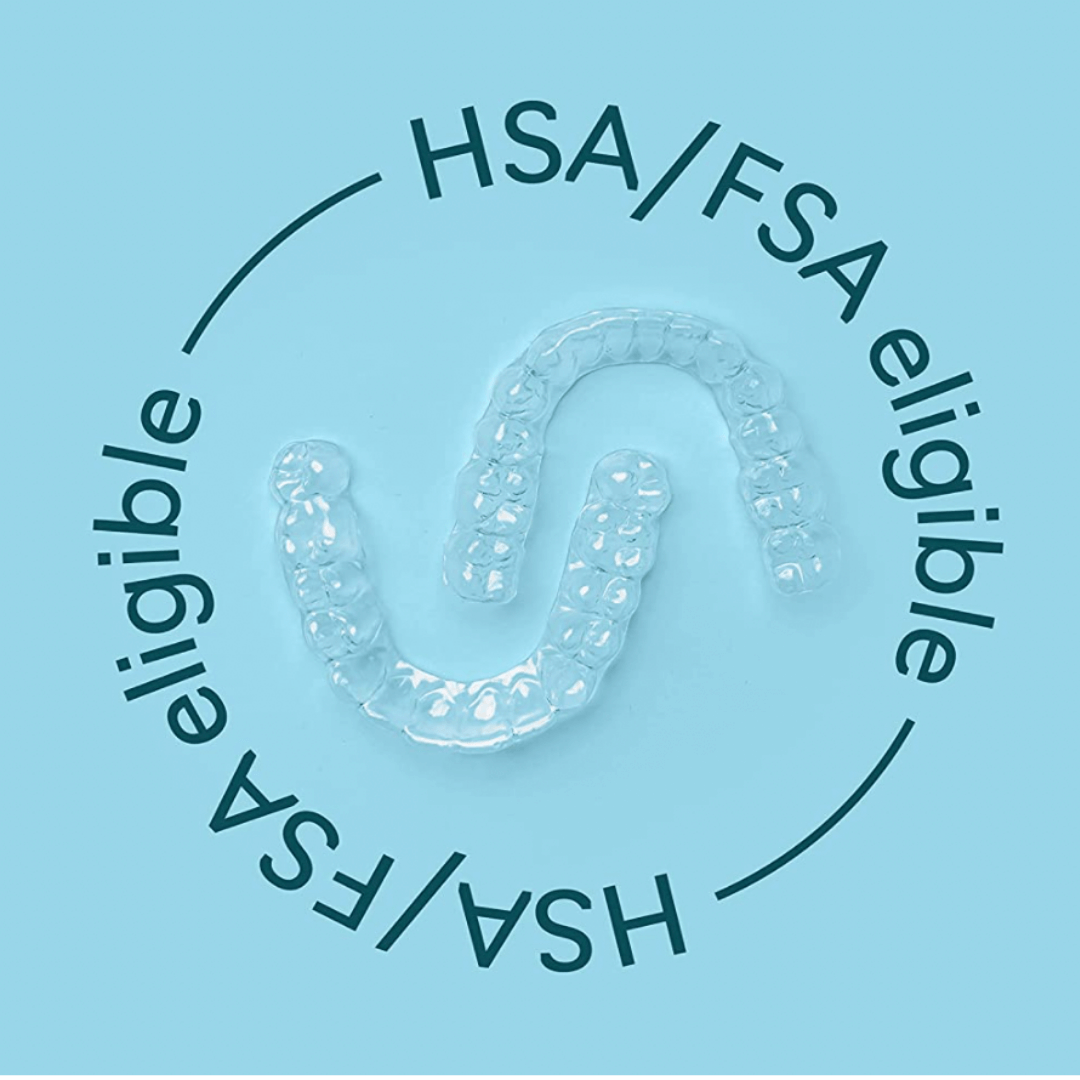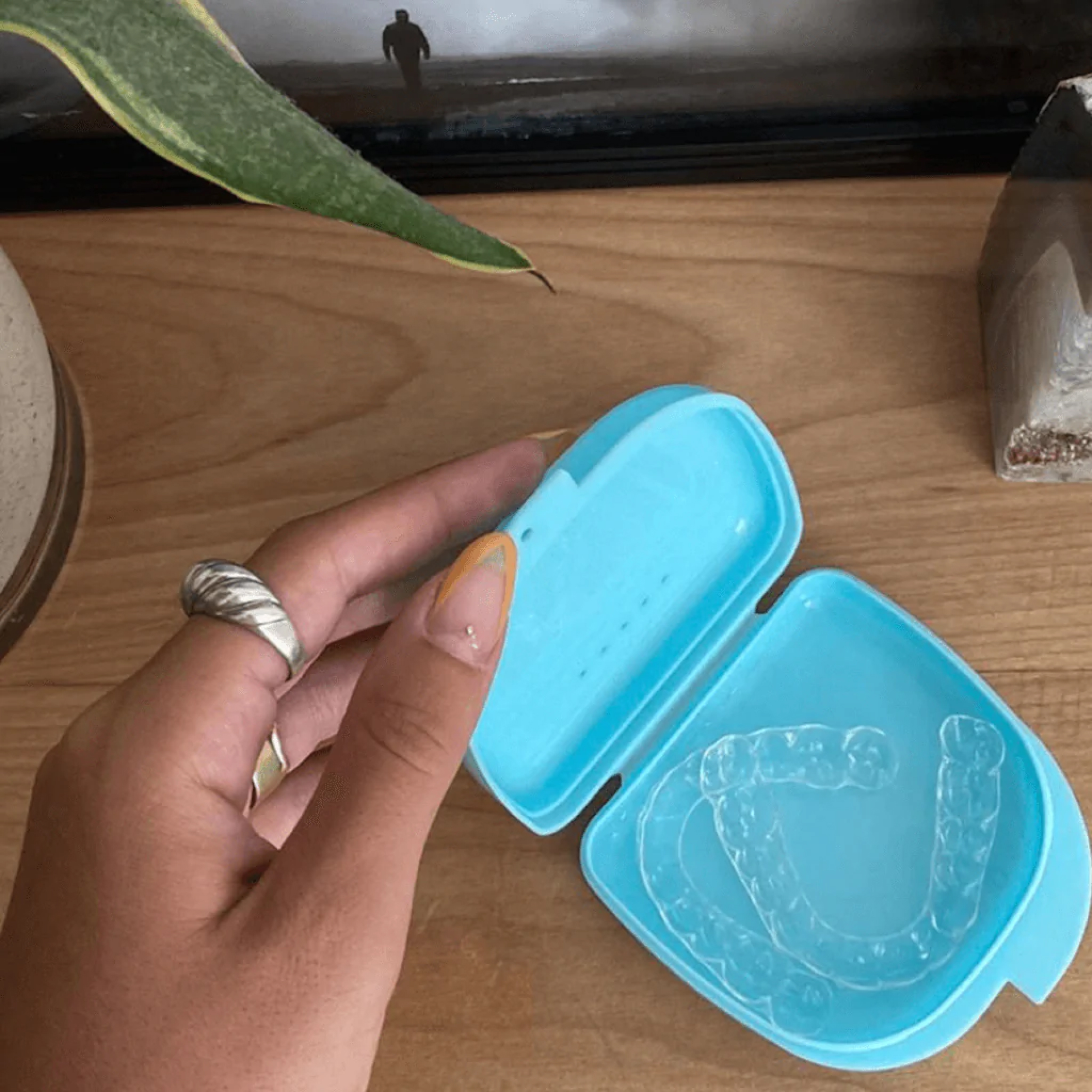Getting a Custom Night Guard for Teeth: What You Need to Know
Night guards can provide essential protection for your teeth against nighttime teeth grinding and clenching, which can cause significant damage to your teeth and jaw over time. This post will provide an insight into the importance of night guards, the different types available, and how to choose and care for a custom night guard. Follow this guide to ensure your oral health is well-protected.
Understanding the Importance of Night Guards for Teeth
Night guards are an essential tool for maintaining good oral health. They are custom-made dental devices that are worn while you sleep to prevent teeth grinding (bruxism) and clenching. Bruxism is a common condition that affects millions of people worldwide and can cause significant damage to your teeth if left untreated.
The Role of Night Guards in Protecting Your Teeth
Night guards work as a barrier between your upper and lower teeth, which helps to protect them from grinding against each other. This prevents the damaging effects of bruxism, such as worn tooth enamel, chipped or cracked teeth, and sensitivity. In addition to protecting your teeth, night guards also help distribute pressure evenly across your teeth, alleviating stress on your jaw joints and reducing the likelihood of developing TMJ disorders.
By wearing a night guard, you can prevent the need for more extensive dental procedures, such as crowns, root canals, or tooth extraction. These procedures can be costly and time-consuming, making prevention the best course of action.
Common Causes of Teeth Grinding and Clenching
There are a variety of factors that can contribute to teeth grinding and clenching. Some common causes include stress, anxiety, an abnormal bite, misaligned teeth, and sleep apnea. However, the exact cause of bruxism isn't always apparent, and it often occurs unconsciously during sleep, making it difficult for the individual to self-identify the issue.
Stress is a significant contributing factor to bruxism. Many people experience stress in their daily lives, and this can manifest in teeth grinding and clenching while they sleep. Anxiety can also lead to bruxism, as can an abnormal bite or misaligned teeth. If you suspect that you are grinding or clenching your teeth while you sleep, it's essential to speak to your dentist to determine the cause of the issue.
Health Risks Associated with Untreated Bruxism
Leaving teeth grinding and clenching untreated can result in several health risks. Some of these issues include damaged teeth, gum recession, loss of tooth enamel, TMJ disorders, chronic jaw pain, tension headaches, and sleep disorders. Additionally, untreated bruxism may lead to the need for more extensive dental procedures, such as crowns, root canals, or tooth extraction.
Chronic jaw pain and tension headaches can significantly impact your quality of life, making it difficult to perform daily tasks or enjoy leisure activities. Sleep disorders can also have a significant impact on your health, leading to fatigue, irritability, and decreased productivity.
By getting a night guard as needed, you can prevent these issues and maintain good oral health. Your dentist can help determine if a night guard is right for you and provide you with a custom-made device that fits comfortably and effectively protects your teeth.
Types of Night Guards Available
There are various types of night guards on the market designed to meet different needs and budgets. In this section, we'll explore over-the-counter and custom-made night guards, and the pros and cons of each type.
Over-the-Counter Night Guards
Over-the-counter night guards, also known as boil-and-bite guards, can be purchased at your local pharmacy or online. These guards are made from a thermoplastic material that, when heated in hot water, can be molded to fit your teeth. They're designed for one-size-fits-most, which can lead to some fit issues for certain individuals.
Custom-Made Night Guards
Custom-made night guards are dental devices that are specifically designed and fabricated to fit your teeth, providing a more precise and comfortable fit. This process starts with a dental consultation, where your dentist will take impressions of your teeth, which will then be used to create a customized night guard tailored to your oral anatomy.
Pros and Cons of Each Type
Both over-the-counter and custom-made night guards offer their own set of advantages and drawbacks. Over-the-counter guards are more affordable, easily accessible, and can be customized relatively quickly. However, they tend to be less durable, less comfortable, and offer a less-than-ideal fit, which may not effectively protect your teeth.
On the other hand, custom-made night guards offer a more precise fit, better comfort, and enhanced durability, which ensures better overall teeth protection. However, they are more expensive and require a visit to the dentist for dental impressions and fittings.
The Process of Getting a Custom Night Guard
Getting a custom night guard involves a series of steps, which we'll outline in this section, including a consultation with your dentist, taking dental impressions, and fitting and adjusting your custom night guard.
Consultation with Your Dentist
The first step in getting a custom night guard is scheduling a consultation with your dentist. During this appointment, your dentist will assess your oral condition, check for signs of bruxism, and verify if a night guard is the appropriate solution for you. If deemed necessary, your dentist will then proceed with taking dental impressions for your custom night guard.
Taking Dental Impressions
During this part of the process, your dentist will use a soft, putty-like material to take accurate impressions of your upper and lower teeth. These impressions will serve as the basis for creating your custom night guard, which is usually fabricated in a dental laboratory. The process typically takes around one to two weeks, after which your dentist will contact you when your night guard is ready.
Fitting and Adjusting Your Custom Night Guard
Once your custom night guard is ready, you'll have a fitting appointment with your dentist to ensure it's comfortable and fits properly. If necessary, your dentist will make any adjustments to ensure a perfect fit. It's crucial to follow your dentist's instructions on how to wear and care for your night guard to prolong its life and ensure maximum protection for your teeth.
Caring for Your Custom Night Guard
It's essential to properly care for your custom night guard to maintain its effectiveness and prevent any potential hygiene issues. In this final section, we'll discuss cleaning and maintenance tips, proper storage and handling, and when to replace your night guard.
Cleaning and Maintenance Tips
After each use, it's important to clean your night guard thoroughly to remove plaque and bacteria. You can do this by gently brushing it with a soft toothbrush, soap, and warm water. Avoid using toothpaste or harsh chemicals, as they can damage your night guard. Additionally, make sure to rinse it well before and after use. Regularly inspect your night guard for signs of wear or damage and address any concerns with your dentist.
Proper Storage and Handling
Always store your night guard in its provided protective case when not in use. This helps maintain its shape and keeps it clean and safe from damage. Avoid exposing your night guard to excessive heat or direct sunlight, as it may cause deformation. When handling your night guard, do so with clean hands and be gentle to avoid accidental breakage.
When to Replace Your Night Guard
Custom night guards are typically more durable than over-the-counter options, but they will eventually wear out over time. The lifespan of a custom night guard depends on the severity of your teeth grinding and how well you care for it; most last anywhere from one to five years. It's essential to have regular dental appointments to inspect your night guard's condition and replace it when necessary.
In conclusion, acquiring a custom night guard can be a significant investment in your oral health, preventing dental damage and other health complications resulting from bruxism. By understanding the importance of night guards, knowing what to expect during the process, and learning how to care for your night guard, you're taking a crucial step toward maintaining a healthy smile.




